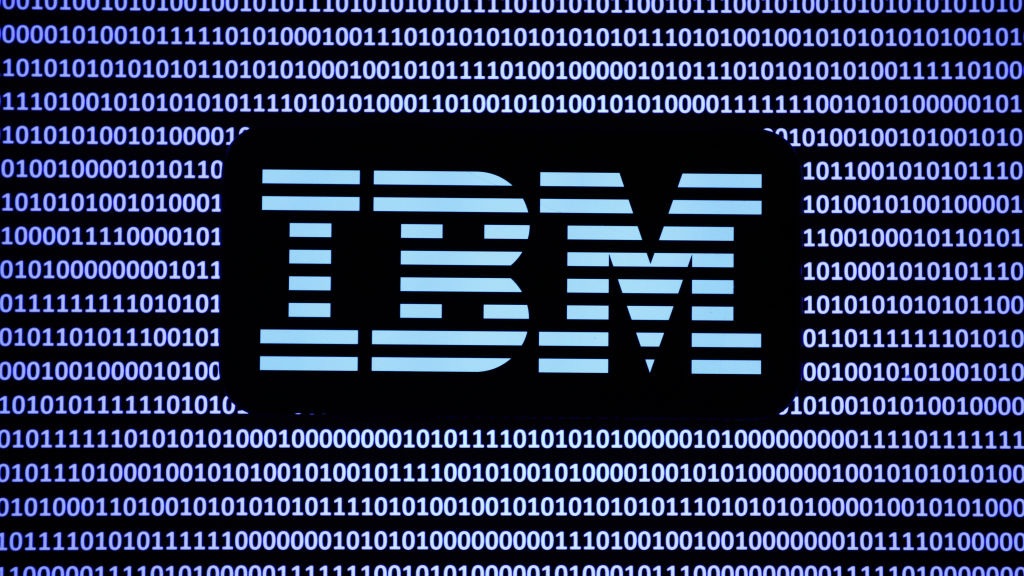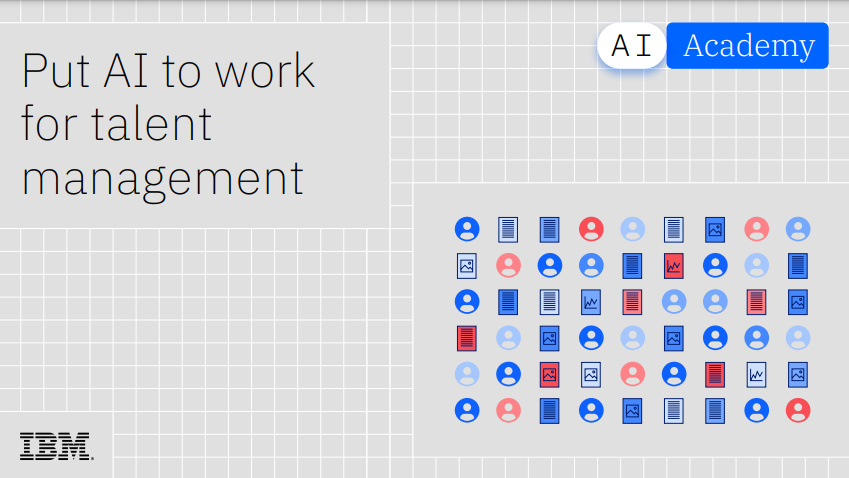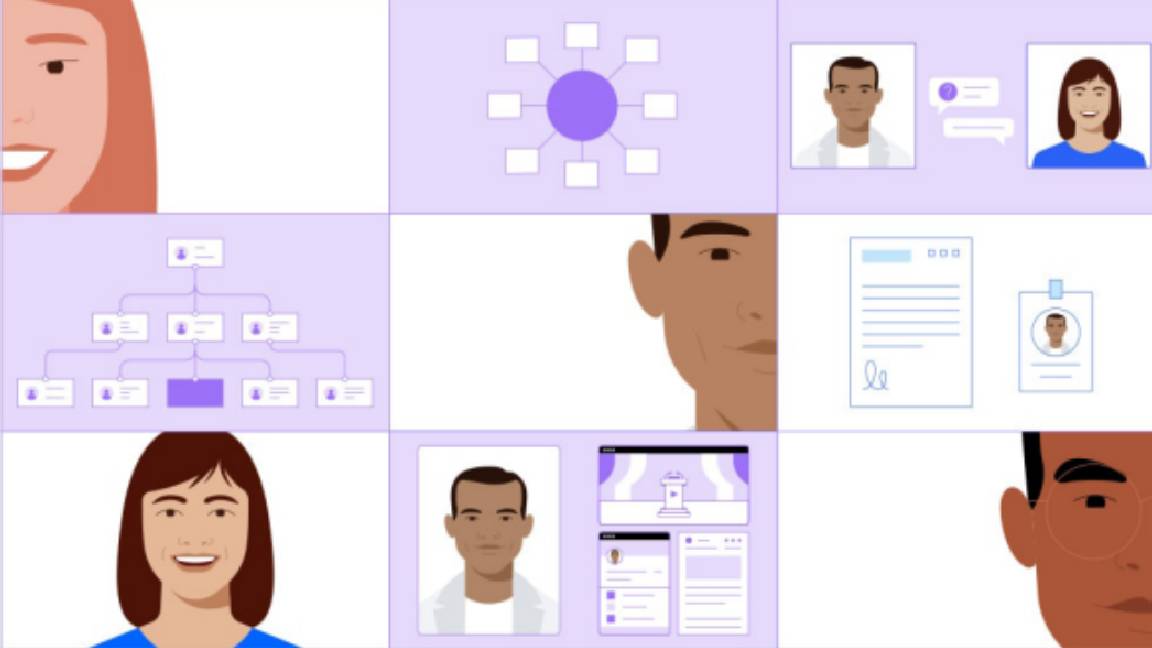IBM: Data can diagnose and predict diseases
Business intelligence and analytics can be used to save lives, as IBM demonstrates at its Information on Demand conference in Las Vegas.

IBM has showcased research carried out in the world of healthcare, where information is used to both predict as well as diagnose problems in patients.
William Pulleybank, vice president for business optimisation at IBM global services, said that healthcare was a sector that had the greatest challenges and opportunities when it came to the company's vision of making the world use information in more intelligent ways.
Pulleybank, who previously lead the Blue Gene project for IBM research, presented a project that the company worked on with the University of Ontario, which looked at how real-time data taken from patients could be used to potentially predict the onset of conditions.
IBM's work with information data could also change the world of diagnostics, Pulleybank claimed. Clinical data could be integrated and made available so that a doctor in an office could look at it, find out what was happening, and do a better job of diagnosing the disease.
He said that this information could be supported by published data from medical journals, pulled in to a system called Watson' that collected, assimilated, and could understand the content.
"When we give these recommendations to the physician as to what could be the cause of a disease, it incorporates recent learning into it. How valuable is that?" Pulleybank said.
"Think of that physician who hasn't got time to read all those articles. What if the ones that matter are being brought to your attention? It's an extraordinary opportunity to speed and improve the diagnosis, and also save costs," he added.
Get the ITPro daily newsletter
Sign up today and you will receive a free copy of our Future Focus 2025 report - the leading guidance on AI, cybersecurity and other IT challenges as per 700+ senior executives
Cost saving is a major factor, especially in the US, because if a doctor knows what the problem isn't, it negates the need for unnecessary expensive tests and procedures.
-
 Should AI PCs be part of your next hardware refresh?
Should AI PCs be part of your next hardware refresh?AI PCs are fast becoming a business staple and a surefire way to future-proof your business
By Bobby Hellard Published
-
 Westcon-Comstor and Vectra AI launch brace of new channel initiatives
Westcon-Comstor and Vectra AI launch brace of new channel initiativesNews Westcon-Comstor and Vectra AI have announced the launch of two new channel growth initiatives focused on the managed security service provider (MSSP) space and AWS Marketplace.
By Daniel Todd Published
-
 IBM completes HashiCorp acquisition after regulatory approval
IBM completes HashiCorp acquisition after regulatory approvalNews IBM has completed its $6.4 billion acquisition of cloud automation and security firm HashiCorp,
By Emma Woollacott Published
-
 IBM eyes Oracle expertise gains with latest acquisition
IBM eyes Oracle expertise gains with latest acquisitionNews The deal aims to help IBM address the complexities of public sector cloud transformation
By Emma Woollacott Published
-
 UK regulator to investigate IBM takeover of HashiCorp
UK regulator to investigate IBM takeover of HashiCorpNews The CMA is concerned that the merger could affect competition in the cloud services market
By Emma Woollacott Published
-
 Channel Focus: All you need to know about IBM's partner program
Channel Focus: All you need to know about IBM's partner programHow Big Blue seeks to go deep, tackling enterprise complexity: A brief guide to the role of partners in IBM's plan to accelerate software and consulting sales.
By Fleur Doidge Published
-
 Put AI to work for talent management
Put AI to work for talent managementWhitepaper Change the way we define jobs and the skills required to support business and employee needs
By ITPro Published
-
 Let’s rethink the recruiting process
Let’s rethink the recruiting processwhitepaper If you designed your recruiting process for a new company, what would you automate to attract and hire the best talent?
By ITPro Published
-
 The power of AI & automation: Productivity and agility
The power of AI & automation: Productivity and agilitywhitepaper To perform at its peak, automation requires incessant data from across the organization and partner ecosystem.
By ITPro Published
-
 Everything you need to know about IBM’s HashiCorp acquisition
Everything you need to know about IBM’s HashiCorp acquisitionNews IBM’s acquisition of HashiCorp represents a major signal of intent for the tech giant and its hybrid cloud and AI ambitions
By Steve Ranger Last updated